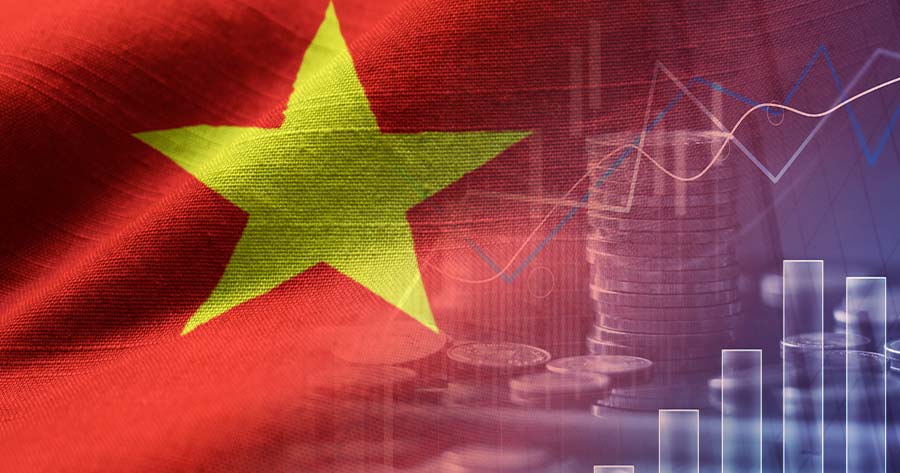Vietnam is set to join the ranks of secondary emerging markets, following a decision by FTSE Russell to reclassify the country from its current frontier market standing, effective September 21, 2026. The elevation—after an eight-year stint on the watch list—will align Vietnam with Asian market heavyweights such as China, India, Indonesia, and the Philippines, potentially opening the door to substantial inflows of foreign capital.
FTSE Russell, in a statement released on October 7 after US markets closed, confirmed that Vietnam now satisfies all nine criteria required for secondary emerging market status. Key factors include the removal of pre-funding obligations for foreign institutional investors and the introduction of a formal process for managing failed trades.
Nonetheless, the anticipated reclassification hinges on a forthcoming interim review, slated for March 2026. During this assessment, FTSE Russell will determine if Vietnam has made “sufficient progress” in enabling global brokers to operate as counterparties, a step which FTSE describes as “essential to support index replication and to meet the needs of the international investment community.”
Details regarding the phased implementation of Vietnam’s inclusion in the FTSE global equity index series have not yet been announced. The schedule and investability weighting of Vietnamese equities are expected to be outlined at a later date.
Driven by optimism about the impending upgrade, robust pro-growth policy reforms, and a stronger-than-expected US trade agreement, Vietnam’s benchmark VN-Index has climbed over 33 percent this year, making it one of Asia’s top-performing markets.
The VN Index closed Monday, October 6, at 1,695.50, nearing its all-time high of 1,696.29 reached in early September.
However, HSBC analysts cautioned last month that further upside could be limited following the FTSE upgrade, and flagged the possibility that some investors might seek to lock in profits after the recent rally.





